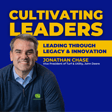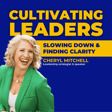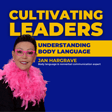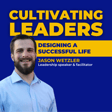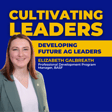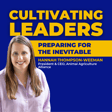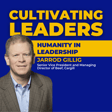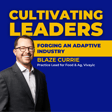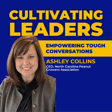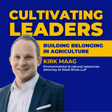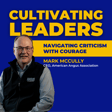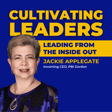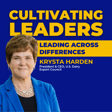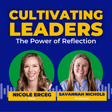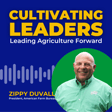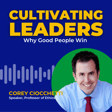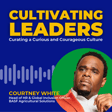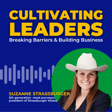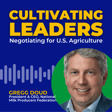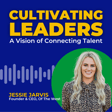
Finding Your Place in Agriculture with Dr. Michelle Schack
Although the connection between farms and consumers feels more distant than ever, the power of social media and transparency could be the best advocacy tool.
Dr. Michelle Schack, veterinarian, joins The Cultivating Leaders Podcast to explore how curiosity, compassion, and a willingness to learn can open unexpected doors in agriculture. From her start at UC Davis to her leadership role as co-founder of DairyKind, Michelle shares how she’s using education, empathy, and social media to build bridges between farmers and consumers.
Michelle covers:
- The possibilities in a career: the future of the industry relies on people of all backgrounds who are passionate about food production
- Bridging the Gap: understanding both sides of the food system is essential to the future of ag
- Empowering Animal Care: training and supporting farm employees drives animal well-being
This episode will challenge you to think differently about advocacy and what it really means to create a sustainable agriculture industry.
Want to hear more from Michelle? Check out her blog here!
Connect with Michelle
- Connect on LinkedIn
- Follow her on Instagram
- Follow her on TikTok
- Visit her website
Connect with AFA
- Follow us on LinkedIn
- Follow us on Instagram
- Like us on Facebook
- Follow us on TikTok
- Visit our Website
About The Cultivating Leaders Podcast
Real stories. Practical advice. Tangible growth. Join The Cultivating Leaders Podcast, brought to you by Agriculture Future of America, as we explore what it takes to lead in food, agriculture, and beyond. Whether you’re just starting out or leading at the highest level, this podcast is your go-to resource for leadership that matters. Listen now and start cultivating your leadership journey.
Don’t forget to follow/subscribe so you never miss another episode!
